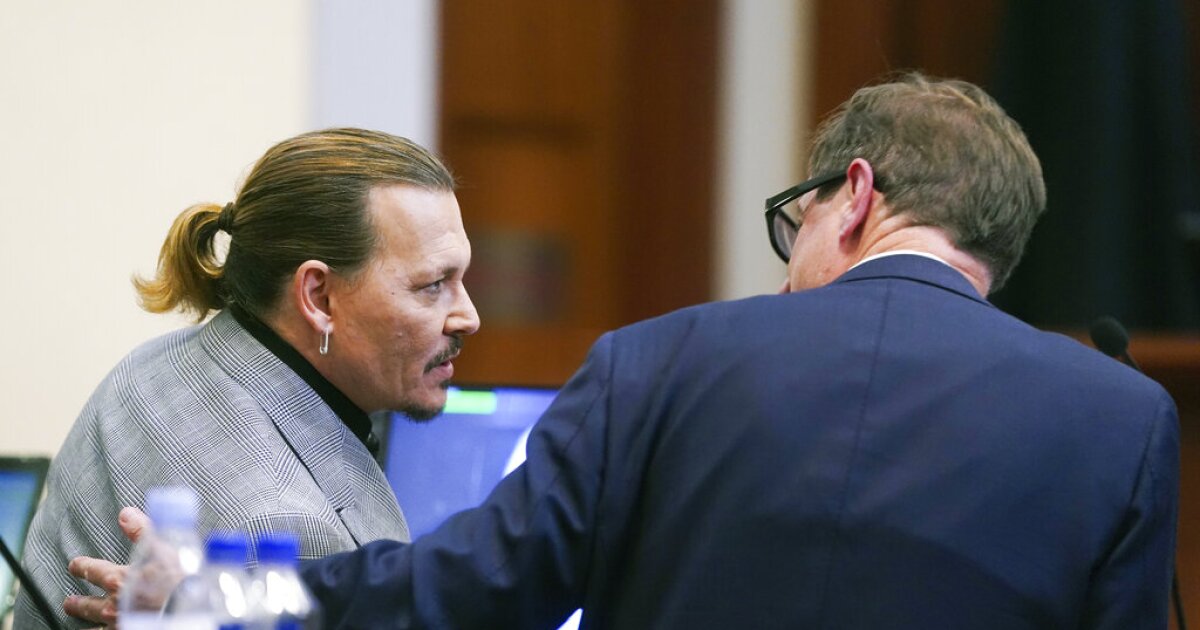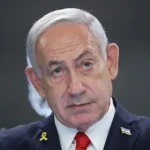

As the penultimate week of Johnny Depp’s $50 million defamation lawsuit comes to a close, jury deliberation is around the corner and expected to take up Memorial Day weekend.
Judge Penney Azcarate of Fairfax County, Virginia, promised the jury from the beginning that the case would be wrapped up before the approaching holiday, and it is unclear how she will proceed with jury deliberations when closing arguments are set for Friday. Should Azcarate have the jury deliberate during the holiday weekend, it could mean added pressure for individual jurors.
Jury consultant Jeffrey T. Frederick, who has been in the business of jury research since 1975 and has his own consulting firm headquartered in Virginia, where the trial happens to be taking place, told the Washington Examiner that deliberating over a holiday would not be a good idea.
WATCH: DEPP DEFAMATION TRIAL RECESS COULD BE ‘FAVORABLE’ FOR HEARD
“First, jurors could feel pressure to complete their task as soon as possible given the holiday,” Frederick said. “This would put pressure on any jurors who are in the minority, who could feel like they are holding up their fellow jurors in terms of the holiday.”
It is unclear how long closing arguments and jury instruction will take on Friday, meaning that deliberations could start as soon as that same day. Azcarate is providing jurors with a laptop full of all the evidence, so they can re-listen to audio recordings and closely review photographs.
“Ideally, the judge should not ask jurors to deliberate on Memorial Day,” Frederick said. “They are there doing their civic duty, and we should respect their time whenever possible.”
Throughout the trial, the jury hasn’t been sequestered despite the popularity of the case online. This resulted in a late start to the trial Thursday because one juror was running behind. As a result, the trial was delayed 30 minutes.
At the end of every day, Azcarate has encouraged jurors to steer clear from any discussion of the case, whether it be between friends and family or online.
“It is important that jurors know the consequences both for the trial and for them as well,” Frederick said. “In general, jurors try their best to follow such instructions, but it is not foolproof, and jurors have been known to conduct internet research and follow their case online. Even if jurors were sequestered, unless the court were to remove all devices, sequestration would not prevent access to the internet/social media.”
CLICK HERE TO READ MORE FROM THE WASHINGTON EXAMINER
You can catch up on previous testimony here.





